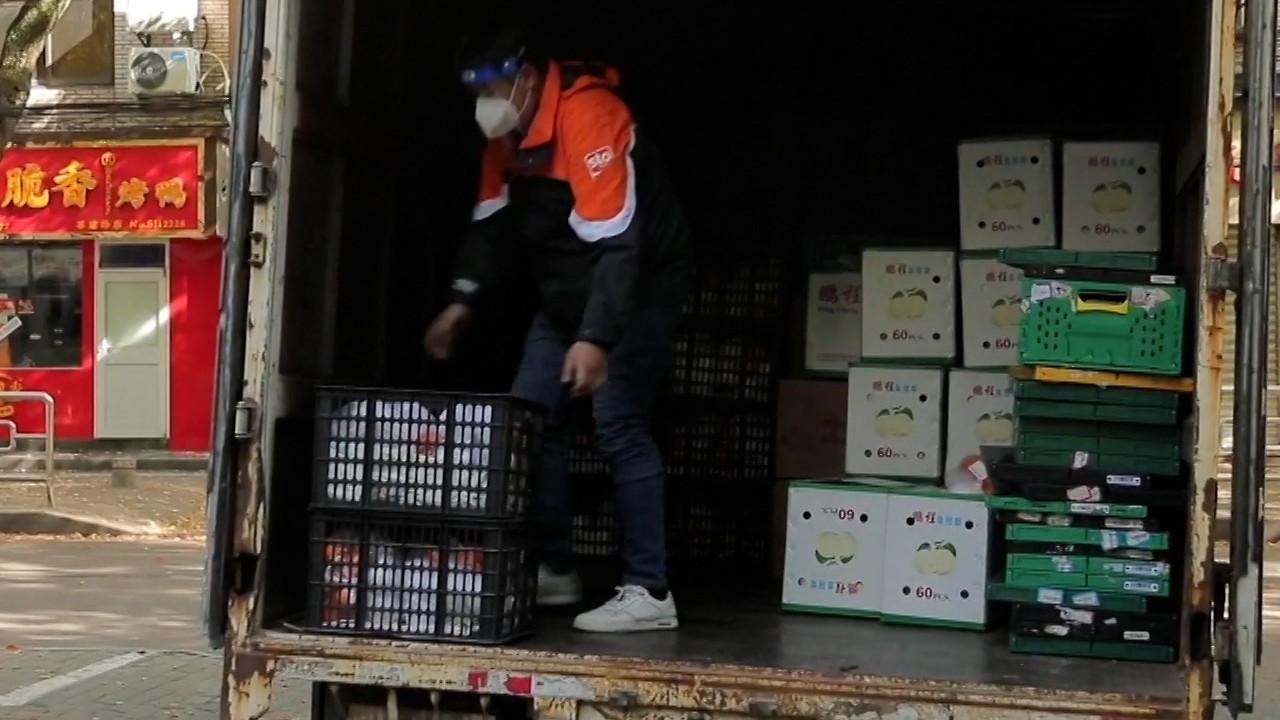
China’s premier flags ‘sense of urgency’ to provincial leaders in call to action
- With economic challenges mounting from both internal and external sources, Li Keqiang implores local-level authorities to do their part
- Meeting comes amid growing frustration over China’s restrictive zero-Covid efforts, which threaten to take a heavy toll on GDP growth this year
A meeting between China’s premier and local-level officials shows how Beijing is attempting to put the country on high alert for “unexpected changes” both domestically and externally, with a fresh warning of mounting downward pressure on the world’s second-largest economy.
“[We must] strengthen the sense of urgency,” Li Keqiang said at a symposium with multiple provincial heads on Monday, in the southeastern province of Jiangxi, according to the official Xinhua News Agency.
The premier called on the local authorities to keep employment and prices stable, to help shore up the Chinese economy.
“We need to be highly vigilant for unexpected changes in the international and domestic situations, and downward economic pressure has further mounted,” he cautioned at the sort of quarterly symposium, which aims to assess the economic situation across China and discuss what needs to be done next.
‘No income, so what’s the point of a tax cut?’: China’s firms bemoan support
The repeated attempts by Beijing to address headwinds and economic uncertainties come as many analysts and organisations have raised alarms about China’s economic outlook.
Guan Tao, global chief economist at BOC International, who attended the forum with Li on Thursday, said it was evident that the premier had obtained information about critical issues, and that senior leadership was responding.
Economic challenges, for example, are now coming from internal and external sources, said Guan, who is also a former senior official with the State Administration of Foreign Exchange (SAFE).
“Internally, the recent sporadic outbreaks have impacted wide regions, leading to different shocks to manufacturing, services, and both domestic and external demand, hindering the supply chain and logistics while affecting the confidence of investors and consumers,” Guan said in an interview with state-owned Securities Times on Sunday.
“Externally, the accelerated geopolitical conflicts this year are likely to weaken the global economic recovery momentum [and will] keep pushing up global commodity prices, which is likely to narrow China’s trade surplus,” he said.
“At present, we need to further improve Covid controls, pay more attention to targeted measures, make the market run more smoothly, provide a more solid guarantee for economic growth, and release more job opportunities,” he said in a note published on the state-run web portal China Internet Information Centre on Monday.
China’s foreign firms decry ‘rapidly mounting’ costs of zero-Covid measures
Apart from the Jiangxi officials who attended Monday’s symposium offline, it also featured virtual appearances by the heads of economic powerhouses such as Guangdong and Zhejiang, as well as governors from the country’s sixth-largest provincial economy, Sichuan, and the rust-belt region of Liaoning.
Li urged local officials to carry out the central authorities’ economic agenda as soon as possible, by expediting the reduction of taxes and fees; and issuing local government special-purpose bonds, which are funnelled into infrastructure spending, including for major construction projects.
“[We must] attach great importance to the impact of current poor logistics on the economic cycle,” he said.
Li also called for interregional coordination to be enhanced, to protect the backbone of a transport network that has been hindered by more restrictive travel between regions. He also pointed to the importance of keeping ports running orderly, while also stabilising the industrial supply chain.
The central government is trying to ameliorate the problem, but containing Covid remains the No 1 priority
This was done so transport and logistics links can be maintained amid the nation’s strict pandemic controls that have already caused major economic disruptions.
“The central government is trying to ameliorate the problem, but containing Covid remains the No 1 priority. That means some level of disruption will persist until this outbreak is under control,” analysts with Trivium China wrote in a note on Monday.
Li on Monday also placed an emphasis on safeguarding spring farming to ensure a bumper grain harvest this year, in an effort to stabilise prices amid rising inflation risks.
He also underscored actions to ensure stable supplies of electricity, coal and other energies, and urged localities to unveil more targeted support measures for small firms and individually owned businesses.


